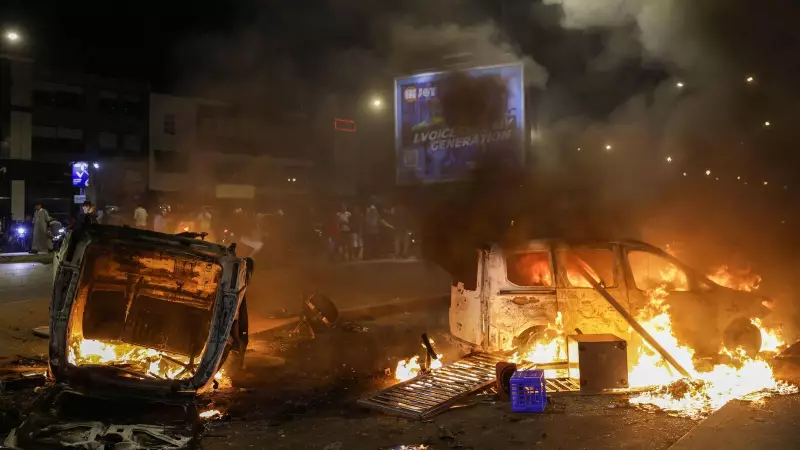
In a sweeping crackdown that has drawn international attention, Moroccan authorities have initiated legal proceedings against approximately 2,400 young protesters, predominantly from Generation Z, following widespread demonstrations demanding fundamental reforms in education and healthcare systems.
The Youth Uprising
Thousands of Moroccan students and young professionals took to the streets in what has been dubbed the "212 Movement," referencing Morocco's international dialing code. The protests erupted spontaneously across multiple cities, with participants calling for urgent improvements in the country's educational infrastructure and healthcare facilities.
Government Response Sparks Controversy
The Moroccan government's decision to prosecute such a large number of young demonstrators has raised concerns among human rights organizations and educational advocates. Legal experts note that the mass prosecutions represent one of the largest crackdowns on youth activism in recent Moroccan history.
Demands of a Generation
The protesting Generation Z members articulated clear objectives:
- Educational Reform: Better funding for public universities and improved educational resources
- Healthcare Access: Enhanced medical facilities and affordable healthcare services
- Youth Representation: Greater inclusion in policy-making processes affecting their future
- Employment Opportunities: Addressing the growing concern of youth unemployment
International Reaction
Human rights organizations have closely monitored the situation, expressing alarm at the scale of prosecutions. The international community watches as Morocco balances maintaining public order while addressing the legitimate concerns of its youngest and most dynamic demographic cohort.
Broader Implications
This movement reflects a growing trend across North Africa, where Generation Z is increasingly vocal about systemic issues affecting their daily lives and future prospects. The outcome of these prosecutions could set significant precedents for youth activism and freedom of assembly throughout the region.
As the legal proceedings unfold, all eyes remain on Morocco's handling of this generational clash between state authority and youth aspirations for better public services and opportunities.





